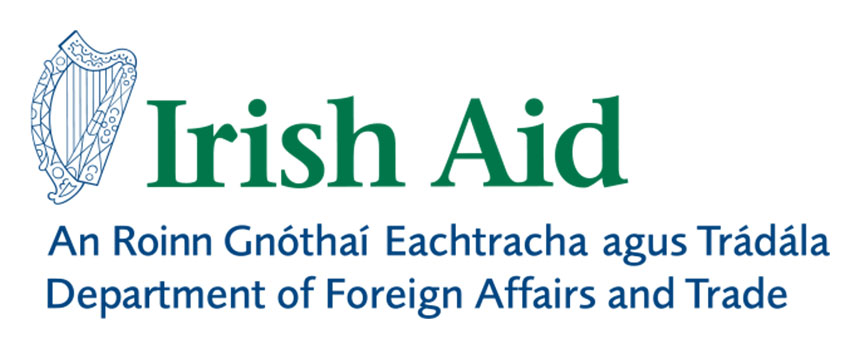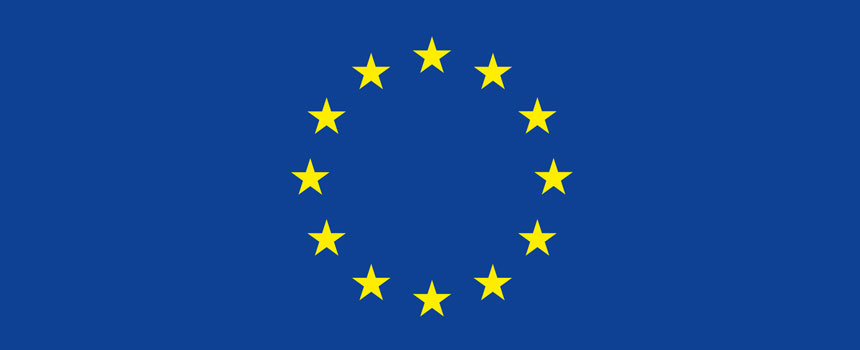How does the tax system work and who benefits?
January 12th, 2016 - Morina O'Neill
Most of us are familiar with the concept of tax. Taxes pay for health systems, education, infrastructure, and other vital public services. The tax we pay can be seen as a form of social contract between us as taxpayers, and our governments. As Dr. Sheila Killian points out in Driving the Getaway Car?, this contract means that the government gets the resources it needs to govern, and also that the population reclaims some power from government, as governments need acceptance from the population as a whole for the taxes they want to impose.
Tax Justice Network (TJN) in Tax Us If You Can describe a just tax system as one which has a ‘broad’ tax base: taxes paid by a range of different people in society with a wide variety of incomes, values, consumption preferences and savings choices. For a state, TJN believes that such tax justice is at the heart of a stable and democratic form of government. A just tax system should also not be regressive: an example of regressive taxation is a focus on ‘consumption’ taxes. Both TJN and Sheila Killian point out that consumption taxes hit poorer households more, as they spend proportionately far more of their disposable income on consumption. Both members of the poorest households and the richest households pay exactly the same VAT on bread, for example, though it is a far greater proportion of a low-income household’s earning. And of course the very poorest households in the world are in the poorer countries of the global South, where this trend towards regressive taxation has been most marked. The IMF and World Bank have been drivers of such regressive taxes.
The taxes paid by some of the richest actors in our societies, corporations, have dropped over the last decade (see Tax Us If You Can) and many people believe that corporations simply don’t pay enough tax even though they may huge profits. Ireland’s corporate tax rate is very low at 12.5%. However, it is Ireland’s tax regime, which governs the overall amount of taxes paid by corporations, which is increasingly under scrutiny. Ireland has been pointed to as a facilitator of aggressive corporate tax avoidance schemes. Economist Paul Krugman recently discussed one such scheme operated by US companies, that of ‘inversion’. This is a legal move whereby a US company declares its US operations as owned by its foreign subsidiary, and not the other way around. It then uses this role reversal to shift reported profits out of America’s jurisdiction to the place where this foreign subsidiary is based and which has a lower tax rate (Ireland, for example).
Focusing on countries of the Global South, Christian Aid highlights in its video Where has all the money gone? that corporate tax which could have been invested by those countries in much needed public expenditure is often shifted instead by corporations to lower tax regimes, through a series of currently legal manoeuvres.
Countries of the Global South an lose an estimated €870 billion each year through illicit financial flows, including in the form of tax evasion by multinational corporations. The tax activities of one company, Associated British Foods (ABF), has denied the people of Zambia US$ 2 million per year since 2007. A subsidiary based at the IFSC in Dublin, Illovo Sugar Ireland, was paid ‘purchasing and management’ fees by ABF’s Zambian operation, which reduced Zambia Sugar’s taxable profits in Zambia. When ActionAid telephoned the IFSC, the telephone operator had never heard of Illovo Sugar and nor had the person at reception at the office block building when ActionAid staff visited. You can read further on this case study in Action Aid’s report, Sweet Nothings.
Offshore tax havens, countries which allow for financial secrecy and little or no tax, allow for tax dodging through the hiding of money. According to TJN, in 2012 at least $21 trillion of hidden financial assets were held offshore by high net worth individuals. This is all money that is not going to governments for much needed public expenditure.
All of this tax avoidance and evasion means real hardship for the countries from which the capital is flowing. The loopholes used by multinational corporations to avoid tax are not currently illegal, but they should be stamped out now, and increased tax transparency should lift the veil of secrecy from jurisdictions which are currently not accountable.
The work for tax transparency is gaining momentum globally in a number of key areas. For example, tax justice activists believe that we should know who the real owners of companies are, the beneficial owners – this is not currently public information in most countries around the world. You can read more about this international tax reform agenda, which is led by the OECD as well as civil society organisations, such as DDCI. What is really crucial about the current global tax reform is that countries of the Global South should be equal participants in this process, and should be supported to fully participate. As it stands, having the OECD and G20 as lead actors means that countries of the Global South are excluded, and this is therefore not international tax justice.


